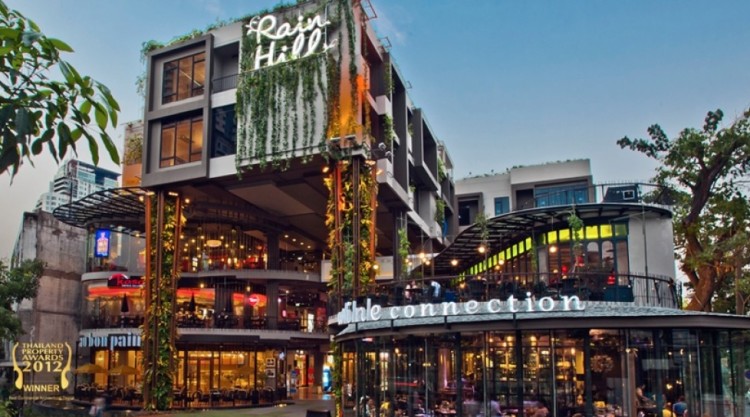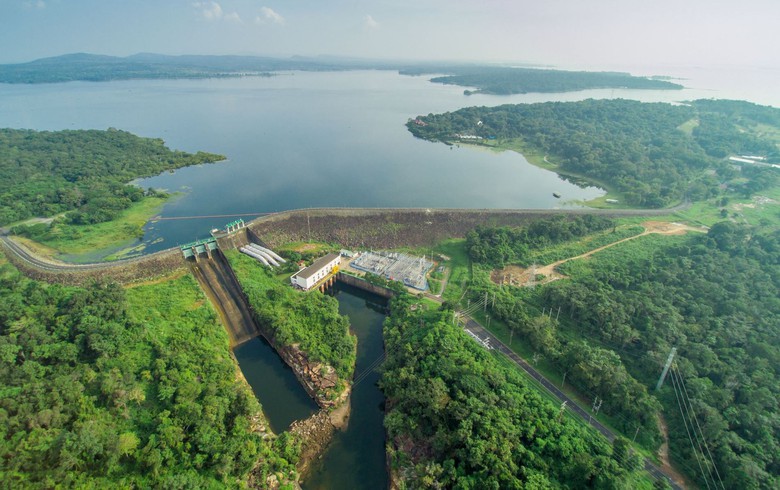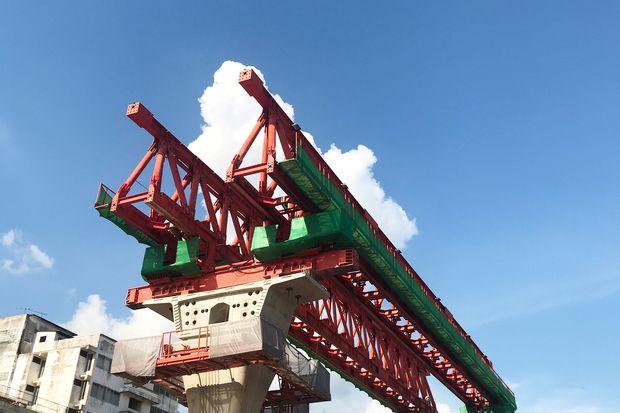
Laos Villagers Resist 50-year Land Concession to Thailand’s Amata Corporation
Proposed industrial zones would be developed on the site
01 October 2019
Residents of seven villages in Laos’ Luang Namtha province are resisting a 7,000-hectare land concession granted to a Thai company that would force them to relocate.
The villagers are also concerned that the proposed industrial zones that would be developed on the site by Thailand’s Amata Corporation would cause irreparable damage to the local environment.
A resident of Luang Namtha’s Luang Namtha district, whose land falls within the concession, confirmed to RFA’s Lao Service last week that the concession covers Houydam, Houay Hom, Namdengnuea, Namdengtai, and three other villages.
“The villagers are resisting the project, but they can do nothing because the government has told us not to object to the project,” the source said.
The resident said that the project has completed its survey phase and compensation is being prepared for the villagers.
“But so far they have not informed [them] of any clear details regarding compensation,” said the resident, who added that the authorities would likely threaten anyone who objects.
Disputes over compensation for people displaced by foreign-funded industrial and infrastructure projects in Laos are a major source of friction in Laos, a one-party communist state with tightly controlled media and no meaningful elections.
Amata Corporation, a 25-year-old Thai company that specializes in building industrial estates, is planning to conduct feasibility studies in two areas, Luang Namtha district and Nateuy village, near the Lao-Chinese border.
A Luang Namtha district official told RFA on September 27 that the district has no concrete details about the project.
“They marked the boundaries of the spots they are targeting for the concession but if the villagers disagree [the project] can’t proceed,” the official said.
Amata has yet to report the details of the project to provincial authorities, including estimates on the number of families that would need to resettle, because it is still waiting on the government to review a petition it submitted in September for the project’s approval.
The petition included the results of an 18-month feasibility study and environmental impact assessment.
Residents and local officials are calling on the company to clearly lay out its compensation plan to affected villagers.
An official of Luang Namtha province’s planning and investment department told RFA, “[The villagers] earn their living off of natural resources and they are scared to lose their homes. Amata must explain to them exactly how it will minimize the negative impact on their lifestyles in a way that will make sense [to them].”
Another resident of the district said the concession is not being welcomed by the villagers.
“The majority of the villagers do not need the industrial zone to be built on top of their villages and rice paddies,” the resident said.
“They are also worried that their compensation will be less than market value,” the resident added.
Company responds
Varong Tangpraprutgul, Amata Corporation’s senior section manager of infrastructure told RFA on September 27 that the decision on concessions is the responsibility of the Lao government.
“The study is done, the majority of the villagers have not resettled. We have prepared the concession contract and submitted it to the government in September so it is up to [them],” he said.
“While villagers initially disagreed with the project because they did not understand what Amata is investing in it, they now all agree with it,” he added.
Varong Tangpraprutgul explained that Luang Namtha province was chosen as the site of Amata’s project because the company needed a large tract of land. He added that once the Lao-Chinese railway, currently under construction, is completed, the area will be a strategic location for exporting products to China.
Amata Corporation invested one billion baht (about $32.7 million) and was awarded a 50-year concession.
Reported by RFA’s Lao Service and translated by Ounkeo Souksavanh. Written in English by Eugene Whong.
Source: https://www.rfa.org/english/news/laos/laos-thailand-concession-10012019165645.html



